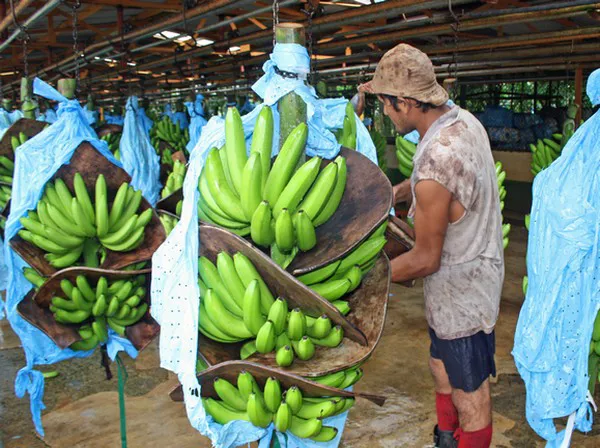A coalition of Fairtrade, trade unions, banana producers and civil society groups has devised a new plan that will enable migrant workers in Fairtrade certified organizations to obtain legal status and access the same rights enjoyed by their Dominican colleagues.
Marike de Peña, manager of a Fairtrade certified banana cooperative and Chair of the country’s National Fairtrade Network: “This is the first time that we are working as a system of producers, workers and markets in a very transparent and responsible way to find a sustainable solution in the best interest of vulnerable populations, whilst also building in some flexibilities. The migrant situation in the Dominican Republic has been a complicated issue for more than a century, but there are opportunities for improvement.”
Bananas are the main export commodities of the Dominican Republic. The value of bananas exported in 2018 was US$262 million, of which 60% to 70% were fair trade. However, in neighboring Haiti it is another matter. Driven by poverty and political turmoil, Haitians who have had no identity documents or visas for decades have crossed the border illegally in search of work.

“Our concern as Haitian migrants living in the Dominican Republic is the renewal of the documents we received through the regularisation plan,” says Minel Bellamy, a banana worker and Chair of the Fairtrade Worker Network in the Dominican Republic. “Now most of us have expired documents, which makes it difficult for us to move in the country and claim our rights, and we do not have enough resources to pay for the renewal, which comes at a very high cost.”
Source: fairtrade.net
Photo source: Dreamstime.com
